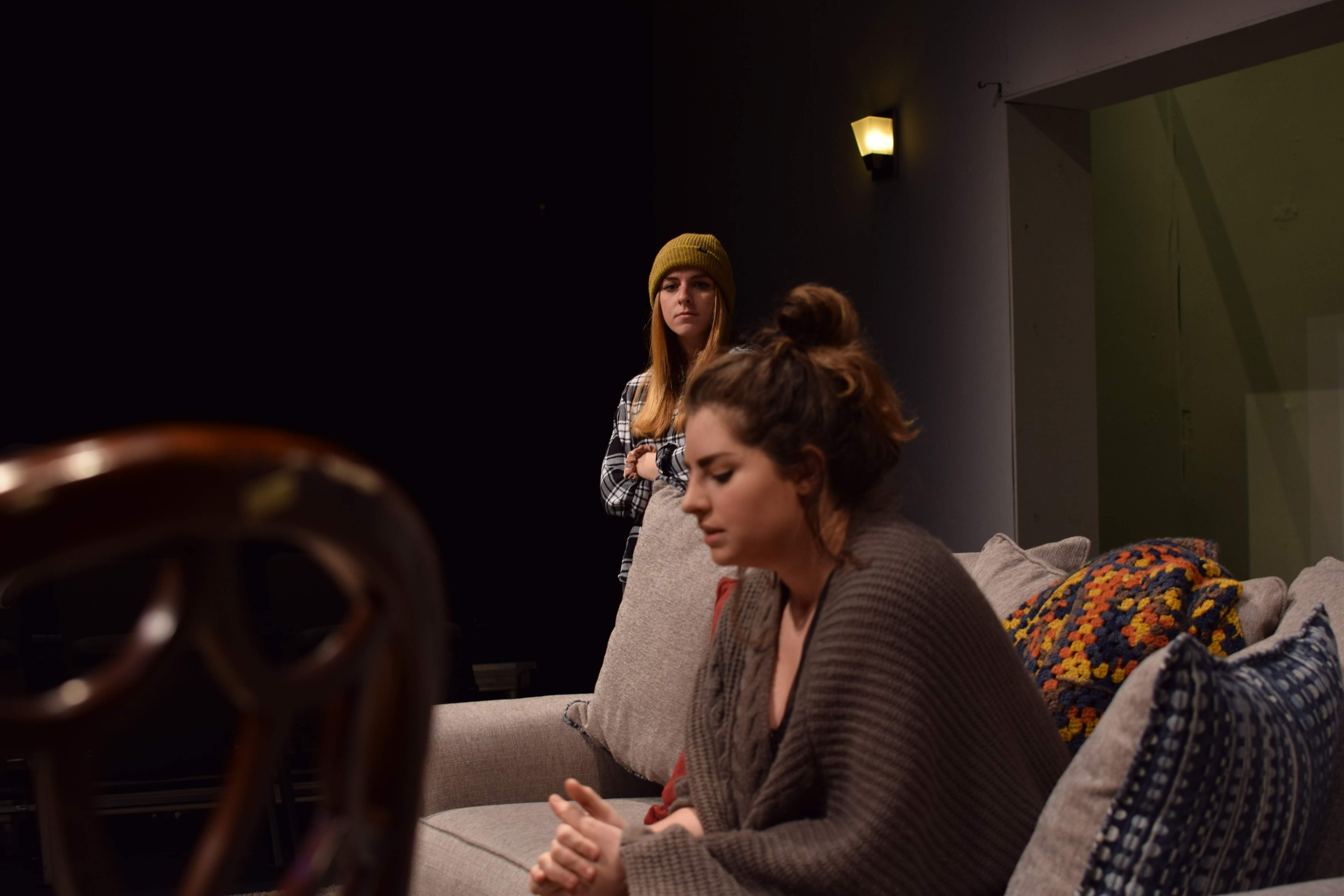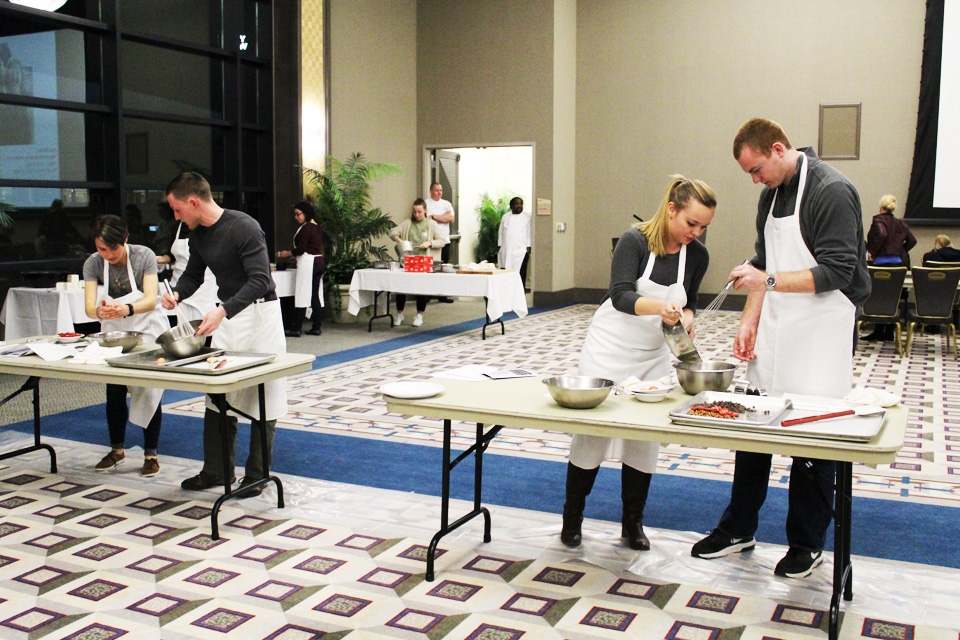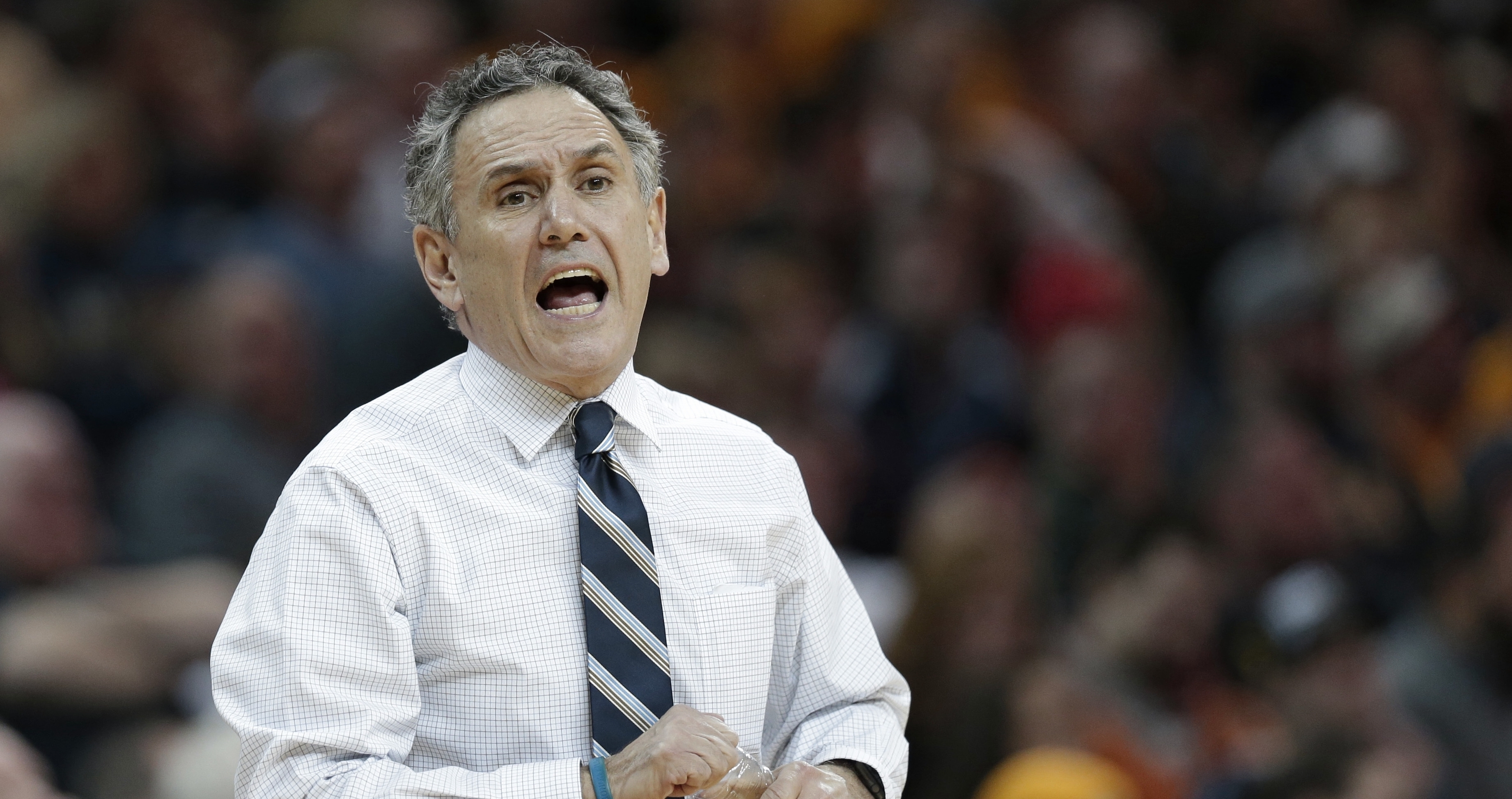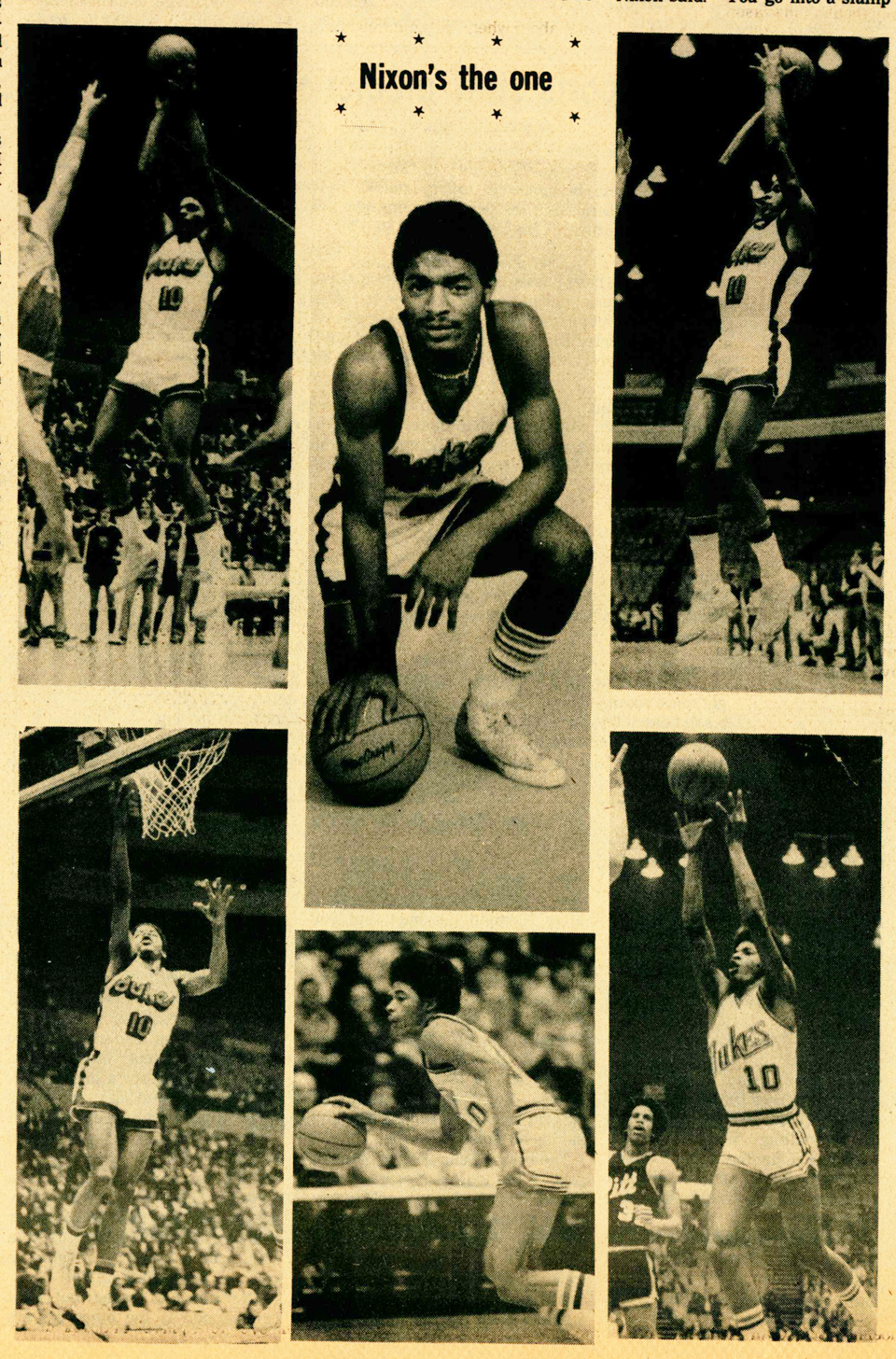
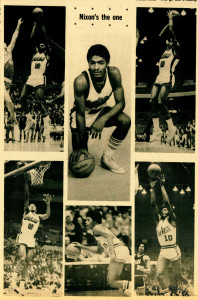
By Julian Routh | Editor-In-Chief
In a pivotal third game of the 1982 NBA Finals, the notorious “Showtime” Los Angeles Lakers were coming off their lone loss of the postseason and in need of a win at home over the scrappy Philadelphia 76ers.
They would get the win, but not at the hands of future hall-of-famers Magic Johnson or Kareem Abdul-Jabbar. It was Norm Nixon’s 29 points that led the Lakers to victory, a crucial win on their way to a second straight championship title.
As it turns out, some things never change. Five years earlier, Nixon carried the Duquesne men’s basketball team on an improbable run to the NCAA Tournament, capping off the most successful and storied four-year career in program history.
Nixon, a senior in 1977, averaged a stellar 22 points per game that year and recorded 178 assists, a single-season school record that still stands. Under coach John Cinicola, the Dukes finished the regular season with a 15-15 record, an underwhelming showing by a program accustomed to winning.
But in the Eastern Collegiate Basketball League tournament – in which all eight conference teams participated – Duquesne “shocked the basketball experts,” wrote a columnist for The Duke in 1977.
Behind Nixon’s team-leading scoring efforts in every game, the Dukes upset Penn State, Massachusetts and Villanova, earning the team a spot in the Big Dance. Nixon was named the tournament’s MVP, well-deserved after his 27-point performance in the 1977 championship game.
Duquesne went on to lose to the Virginia Military Institute in the first round of the NCAA Tournament, but the team had already cemented its legacy as one of the most memorable squads the Bluff has ever seen.
Nixon became a bona fide star on campus that year and was ready for the NBA draft. He ended his Duquesne tenure with career records in field goals (279) and assists (178) while averaging 17.2 points, 5.5 assists and 4.0 rebounds per game.
In an interview with The Duke that was published March 31, 1977, Nixon said he had always dreamed of playing professionally and hoped he impressed the NBA scouts.
“If you’re not drafted in the first two rounds, you’re almost like, just there at the camp. You don’t have any better chance than a fifth round draft choice,” he said. “So I’m hoping I can go in the first or second round.”
Nixon’s hopes came true when the Lakers selected him with the 22nd pick of the draft. In his rookie season, he earned a spot on the NBA All-Rookie Team by shooting .497 from the field, the best percentage in the 33-year history of NBA rookies at the time. He was also the first Laker since Jerry West to score 1,000 points as a rookie.
His 12-year NBA career was highlighted by two championships with the Lakers, two All-Star selections and an injury-plagued stretch with the Los Angeles Clippers in the late 1980s. He finished his career with more than 12,000 points and 6,000 assists.
Duquesne retired Nixon’s No. 10 jersey in 2001. To this day he serves as a mentor to the men’s basketball team.

